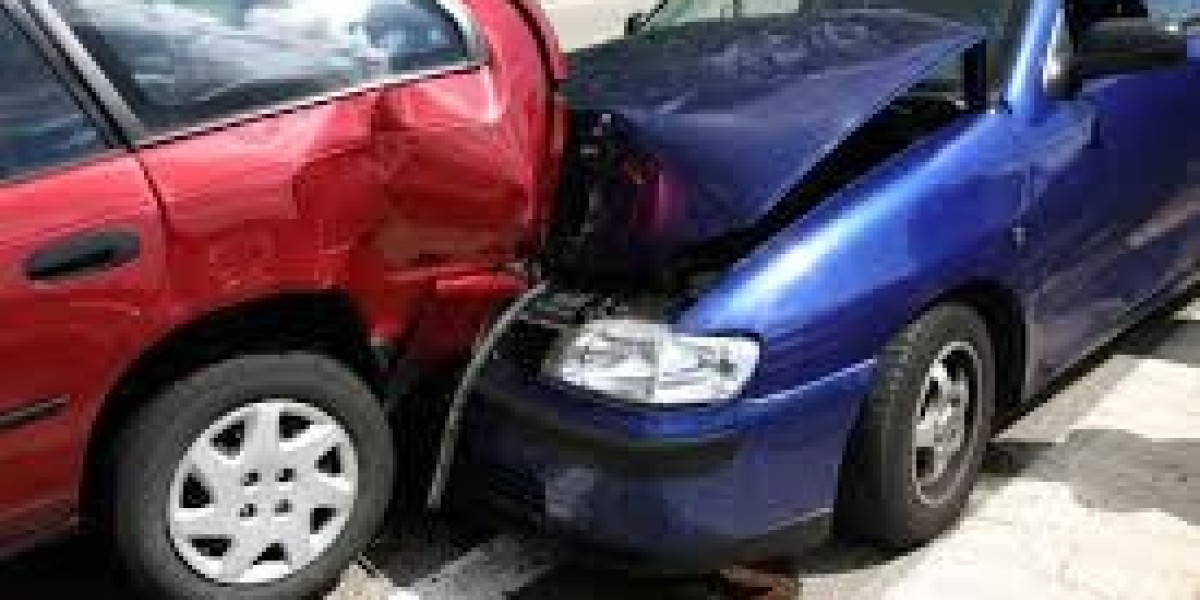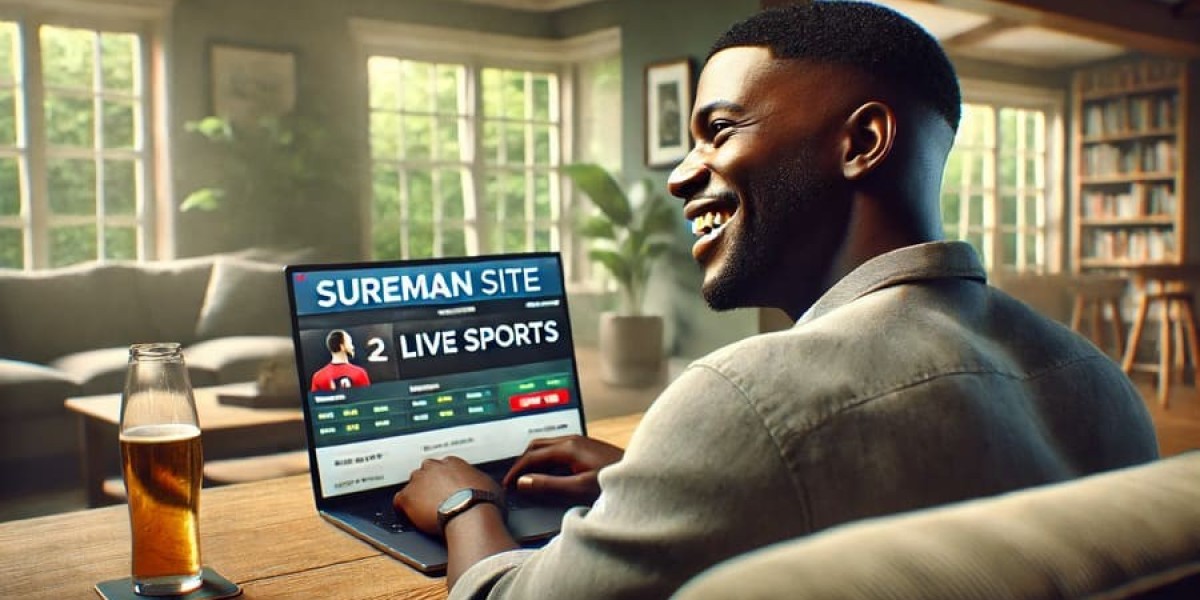Being involved in a car accident in Florida can turn an ordinary day into a long road of confusion, stress, and unexpected decisions. Florida's unique no-fault laws, insurance procedures, and legal options make the post-accident experience complex. Whether you're a resident or visitor, if you've suffered a car accident in Florida, knowing your next steps is essential for protecting your health, finances, and legal rights.
Prioritize Safety at the Scene
Immediately after a collision, assess your surroundings and ensure safety for yourself and others. Turn on your hazard lights and move to a safe spot if the vehicle is drivable. Remaining calm and avoiding panic will help you take clear, responsible action in a tense situation, minimizing further risk or injury to those involved.
Check for Injuries and Call Emergency Services
Check everyone involved for injuries, including yourself. Injuries can sometimes be hidden due to shock or adrenaline. Call 911 for medical assistance, even if the damage seems minor. Having medical professionals on-site ensures injuries are documented, and emergency responders will create an official record of the event, which is helpful later.
File a Police Report Regardless of Severity
Always report the accident to the police, no matter how minor it appears. The responding officer will file a crash report that includes critical information like time, location, and preliminary fault assessments. This documentation plays an essential role in insurance claims and legal cases, supporting your version of events with official evidence.
Exchange Contact and Insurance Information
Collect the names, phone numbers, license plate numbers, and insurance policy details from all parties involved in the crash. Avoid discussing fault at the scene. It’s best to speak only about factual information and let authorities and insurers determine liability based on reports and evidence collected after the incident.
Document the Scene and Gather Evidence
Use your phone to take clear photos of vehicle damage, license plates, road conditions, and any injuries. Capture images from multiple angles and distances. If witnesses are present, ask for their contact information. These details can support your claim and strengthen your case if legal or insurance disputes arise later.
Seek Medical Attention Promptly
Even if you feel fine, seek medical evaluation within 24–48 hours. Some injuries, such as soft tissue damage or concussions, may not show immediate symptoms. Prompt treatment ensures that your health is protected and that there’s a formal medical record linking any injuries directly to the accident, supporting your insurance claim.
Notify Your Insurance Provider
Contact your insurance company promptly and provide a detailed, factual report of the accident. Avoid speculating or accepting blame. Share the police report number and relevant documents. Florida is a no-fault insurance state, so your insurance may initially cover your medical expenses through personal injury protection (PIP), regardless of who caused the accident.
Understand Florida’s No-Fault Insurance Rules
Florida’s no-fault law means drivers must carry PIP coverage, which pays for medical bills and lost income up to the policy limit after an accident. This system limits your ability to sue the at-fault driver unless serious injury or permanent disability occurs. Understanding these legal thresholds is crucial for any next legal step.
When to Consider Legal Representation
Not all car accidents require a lawyer, but if your injuries are severe, your damages are high, or liability is unclear, seeking legal advice is essential. An experienced personal injury attorney can help evaluate your case, handle negotiations with insurers, and file a lawsuit if necessary to recover compensation beyond PIP limits.
Avoid Early Settlement Offers
Insurance companies may offer a fast settlement, especially if you’ve been injured. While tempting, these offers often undervalue your actual damages. Accepting a quick payout may prevent you from claiming further compensation. It’s best to consult with a lawyer before agreeing to any settlement, especially for significant injuries or losses.
Track All Expenses and Losses
Keep a detailed record of all costs related to the accident. This includes medical bills, therapy, medication, transportation, lost wages, and vehicle repairs. These records are essential for calculating the full impact of the accident and ensuring you receive fair compensation from your insurance company or through a legal claim.
Emotional Trauma Is Real and Recoverable
Car accidents can leave emotional scars—anxiety, depression, or even PTSD are common, especially after severe crashes. If you're experiencing emotional distress, seek professional mental health support. These injuries may also be compensable under Florida law, particularly if they interfere with your quality of life or daily function over time.
What If the Other Driver Is Uninsured?
If the at-fault driver doesn’t have insurance, your uninsured/underinsured motorist (UM/UIM) coverage may apply. This optional coverage can help pay for medical costs, lost income, and pain and suffering. Review your policy with your insurer or a legal expert to understand your available protection in such cases.
The Role of Comparative Negligence in Florida
Florida follows a modified comparative negligence rule, meaning your compensation may be reduced based on your share of fault in the accident. For example, if you were 20% responsible, your compensation would be reduced by 20%. Understanding this principle can impact how you and your lawyer build and present your case.
Statute of Limitations for Filing Claims
Florida has a time limit for filing personal injury lawsuits, typically two years from the date of the accident. If you wait too long, you could lose your right to seek compensation entirely. It’s crucial to act quickly and consult with a lawyer to ensure your case is filed on time.
Rental Cars and Out-of-State Drivers
Florida’s tourist-heavy regions see frequent accidents involving rental cars and non-residents. If you’re in a crash involving a rental vehicle or an out-of-state driver, additional steps may be needed. Rental companies have unique policies, and out-of-state drivers may have different insurance coverage, complicating the claims process further.
Dealing With Insurance Adjusters
Insurance adjusters may seem helpful, but they work for the insurer—not you. Be cautious when answering their questions, and don’t feel pressured to provide recorded statements. An attorney can guide you on how to communicate with adjusters and protect your claim from being undervalued or denied.
Vehicle Damage and Repair Rights
You have the right to choose your repair shop and request original parts during repairs. Don’t feel obligated to use an insurer’s preferred facility. Get multiple estimates if needed and take photos of the damage before and after repairs. These details may be helpful if disputes arise over repair costs.
Long-Term Effects of Injuries
Some car accident injuries, such as back problems, nerve damage, or head trauma, can have long-term effects that require ongoing treatment. When negotiating a settlement, consider future medical needs and how your injury might affect your work or daily life. Legal guidance helps ensure these costs are not overlooked.
Conclusion
A car accident in Florida can have physical, emotional, and financial consequences that last for months or years. From medical bills to insurance negotiations and legal complexities, every step matters. By taking smart, informed actions early, you protect your rights, preserve evidence, and put yourself in the best position to recover.
If you’ve been injured or affected by a car accident, Dewitt Law is here to support your journey toward justice and recovery. With a deep understanding of Florida’s unique laws and a commitment to client care, you can trust us to advocate for your best outcome.








